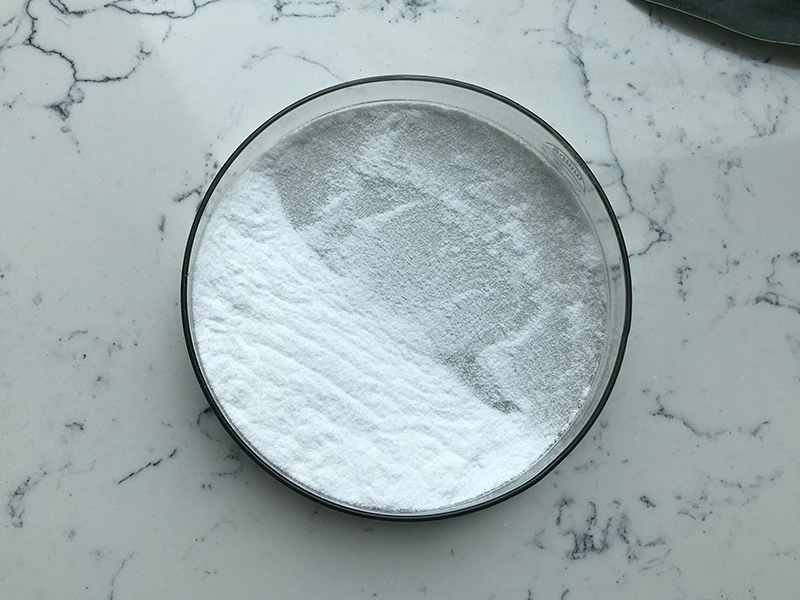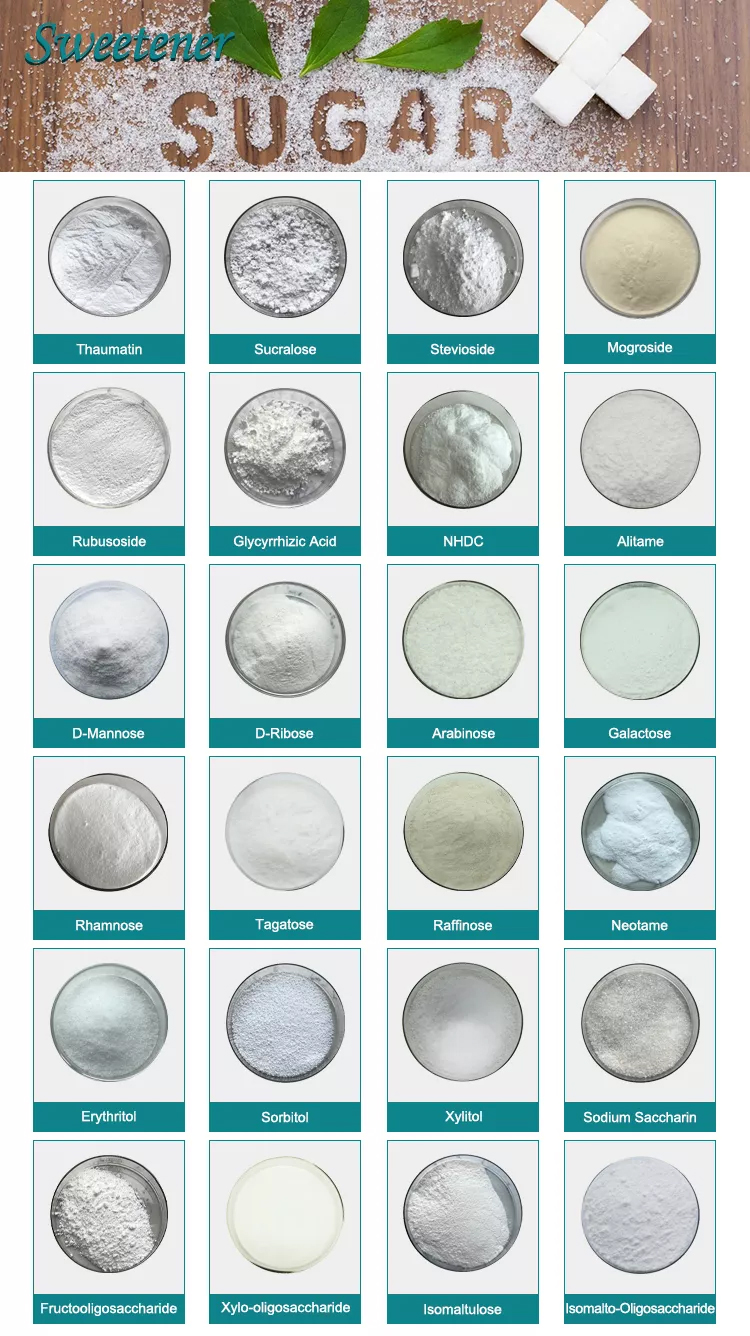Neotame and aspartame are both artificial sweeteners, and while they share some similarities, there are key differences between them:
1.Chemical Composition:
Aspartame: It is composed of two amino acids, aspartic acid, and phenylalanine, linked together. Aspartame is metabolized in the body, yielding small amounts of methanol.
Neotame: It is a modified version of aspartame, where a 3,3-dimethylbutyl group replaces the methylester groups. This modification makes neotame significantly sweeter than aspartame.

2.Sweetness:
Aspartame: It is about 200 times sweeter than sucrose (table sugar).
Neotame: It is approximately 7,000 to 13,000 times sweeter than sucrose, making it one of the most potent artificial sweeteners.
3.Stability:
Aspartame: It breaks down when exposed to heat, and its sweetness may diminish over time, especially in high-temperature conditions.
Neotame: It is heat-stable, making it suitable for use in a wider range of food and beverage applications, including those that involve baking and cooking.
4.Usage Levels:
Aspartame: Due to its lower sweetness intensity, larger quantities are required to achieve the desired level of sweetness.
Neotame: Being much sweeter, smaller amounts are needed to achieve the same level of sweetness, which can be advantageous in terms of calorie reduction.
5.Phenylalanine Content:
Aspartame: Contains phenylalanine, which is a concern for individuals with phenylketonuria (PKU), a genetic disorder that impairs the body’s ability to metabolize phenylalanine. Aspartame is not suitable for individuals with PKU.
Neotame: Like aspartame, neotame also contains phenylalanine, so it is not recommended for individuals with PKU.

6.FDA Approval:
Aspartame: It has been used as a sweetener since the 1980s and has been extensively studied for safety. It is approved by regulatory agencies around the world.
Neotame: It received FDA approval in 2002 for general use in foods and beverages.
In summary, while neotame and aspartame share a common origin and both are artificial sweeteners, neotame is a more potent sweetener, heat-stable, and can be used in smaller amounts. Individuals with PKU should avoid both sweeteners due to their phenylalanine content.
